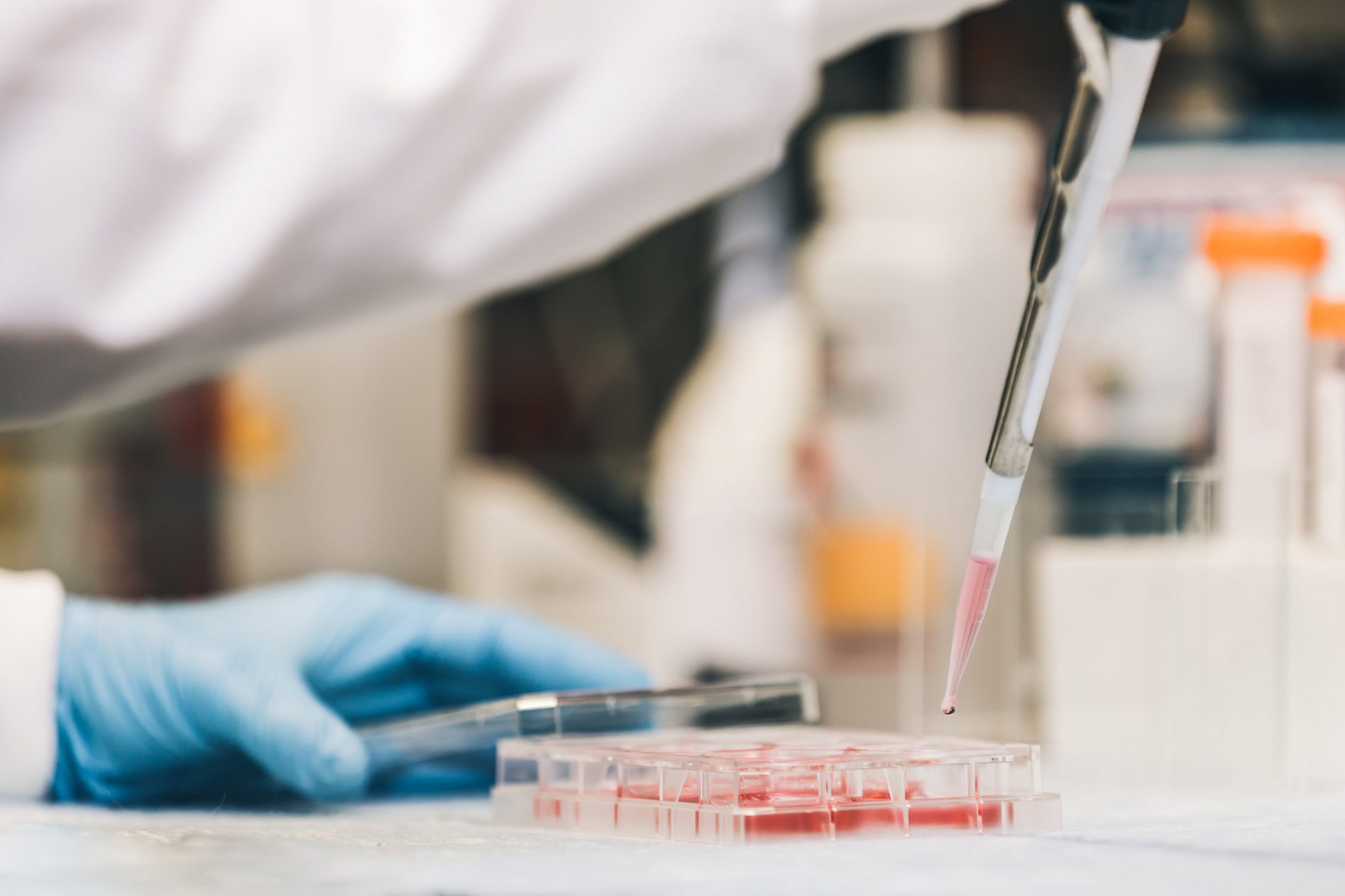Obesity may make tumors resistant to drugs that block the formation of new blood vessels involved in tumor growth, according to a study by researchers at Massachusetts General Hospital in Boston published in Science Translational Medicine.
Obesity has been shown to increase the risk of developing various types of cancer, including breast cancer.
Obesity and various molecular factors associated with it may support the development of resistance to anti-angiogenic therapy in breast cancer. This therapy prevents the development of blood vessels that feed tumors.
Angiogenesis is a process that occurs naturally in the body, by which blood vessels are repaired or grow. Certain chemical signals stimulate this process. Normally, these signals are kept at a certain level, so blood vessels grow only when necessary.
This process plays an important role in cancer. Without blood vessels to feed the tumor, it cannot grow. Cancer cells send chemical signals that promote angiogenesis, which is the growth of blood vessels that provide them with oxygen and nutrients.
“Our clinical and preclinical results indicate that obesity supports resistance to endothelial growth factor therapy in breast cancer by secreting various inflammatory and pro-angiogenic factors,” says Dr. Joao Incio, of Massachusetts General Hospital.
“By targeting these factors, we can improve anti-angiogenic therapy in the treatment of breast cancer,” adds Dr. Incio.
The researchers began this study by analyzing data from 99 patients who received endothelial growth factor therapy. They found that the therapy had an effect on a small number of patients. They found that people with a high body mass index, who were obese, had significantly larger tumors. On average, they found that these people had tumors that were 33 percent larger. These tumors also had a higher number of blood vessels and these people had an increased concentration of pro-inflammatory factors in the blood.
“This is the first study to support that body mass index can be used to personalize anti-endothelial growth factor therapy,” says Dr. Joao.
It can also be an alarm signal, as obesity is a condition that is on the rise and increases the risk of many diseases.







